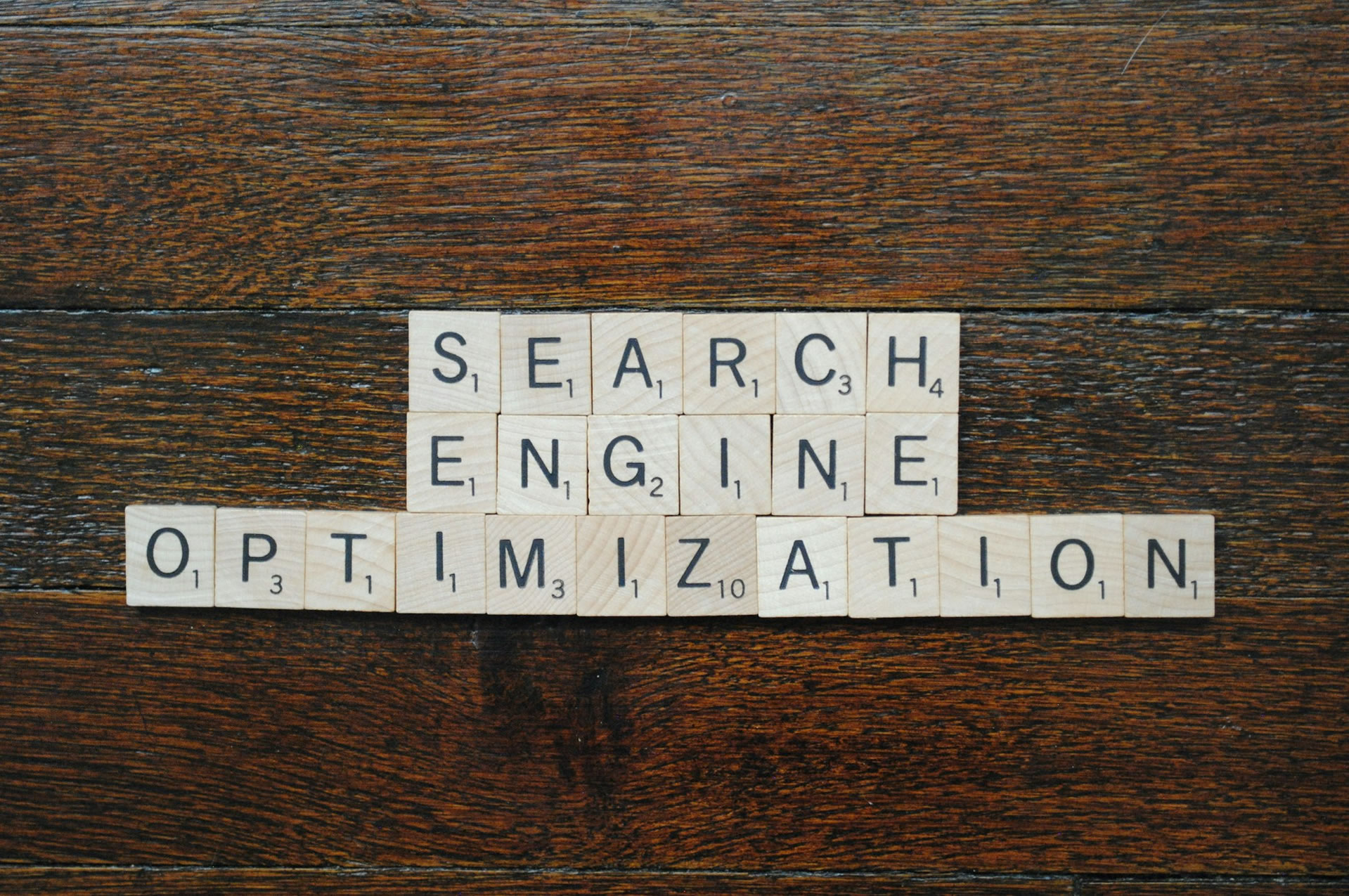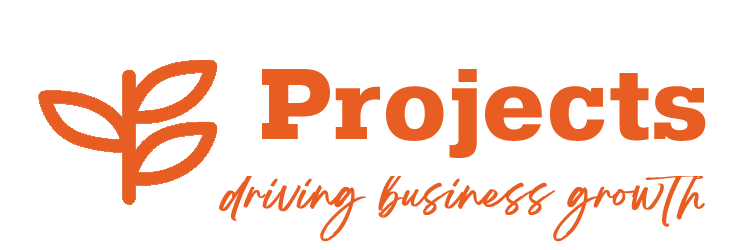
SEO: Understanding the Difference Between On-Page and Technical SEO
In the vast realm of Search Engine Optimisation, two key pillars stand tall: On-Page SEO and Technical SEO. Both are essential components of any successful digital marketing strategy. They serve distinct purposes and require different approaches. Let’s delve into the nuances of each and understand how they contribute to improving a website’s search engine visibility and overall performance.


On-Page Search Engine Optimisation: Enhancing Content and User Experience
On-Page SEO revolves around optimising individual web pages to rank higher and attract more relevant traffic. It primarily focuses on factors directly within your control, such as content quality, keyword usage, and user experience. Here are some key elements:
- Content Optimisation: Crafting high-quality, relevant content is paramount. This involves strategically incorporating target keywords, providing valuable information. This ensures readability and engagement.
- Title Tags and Meta Descriptions: These HTML elements serve as the first impression for search engine users. Optimising them with targeted keywords and compelling language can significantly impact click-through rates.
- URL Structure: Creating clean, descriptive URLs that include relevant keywords can improve both user experience and search engine crawlability.
- Header Tags: Properly structured headers (H1, H2, H3, etc.) not only make content more readable but also signal the importance of different sections to search engines.
- Image Optimisation: Optimising images with descriptive filenames, alt tags, and appropriate sizes not only improves accessibility but also contributes to overall page relevance.
- Internal Linking: Connecting related pages within your website helps search engines understand the hierarchy and relevance of content, while also distributing link equity throughout the site.
- User Experience (UX): Factors such as page load speed, mobile-friendliness, and intuitive navigation contribute to a positive user experience, which can indirectly impact search rankings.


Technical Search Engine Optimisation: Optimising Site Structure and Performance
While On-Page SEO deals with the content and presentation of individual pages, Technical SEO focuses on the backend infrastructure and website architecture. Its primary goal is to ensure that search engines can crawl, index, and understand the content of your site efficiently. Here are some key aspects:
- Website Speed and Performance: Optimising page speed, reducing server response time, and leveraging browser caching are crucial for providing a smooth user experience and satisfying search engine algorithms.
- Mobile Responsiveness: With the increasing prevalence of mobile devices, ensuring that your website is responsive and performs well on various screen sizes is vital for SEO success.
- Crawlability and Indexability: Making sure that search engine bots can access and index your site’s content effectively involves techniques such as XML sitemaps, robots.txt optimisation, and resolving crawl errors.
- Site Architecture and URL Structure: Creating a logical site structure with clear hierarchies and implementing canonical tags can prevent duplicate content issues and consolidate ranking authority.
- Structured Data Mark-up: Implementing structured data mark-up (e.g., schema.org) helps search engines understand the context of your content, potentially leading to rich snippets and enhanced search results.
- HTTPS and Security: Switching to HTTPS encryption not only enhances user security but also serves as a ranking signal for search engines, potentially boosting your site’s visibility.
- Site Accessibility and Usability: Ensuring that your website is accessible to users with disabilities and adheres to web standards not only expands your audience but also aligns with search engine best practices.


In summary, On-Page SEO and Technical SEO are complementary aspects of a comprehensive optimisation strategy. While On-Page SEO focuses on content relevance, user experience, and keyword targeting, Technical SEO deals with the backend infrastructure, site architecture, and performance optimisation. By addressing both fronts, webmasters can maximize their chances of achieving higher search engine rankings, driving organic traffic, and ultimately, achieving their digital marketing goals.
See our previous blog post https://projectsresearch.co.uk/projects-research-an-seo-agency-making-waves-in-client-satisfaction/
